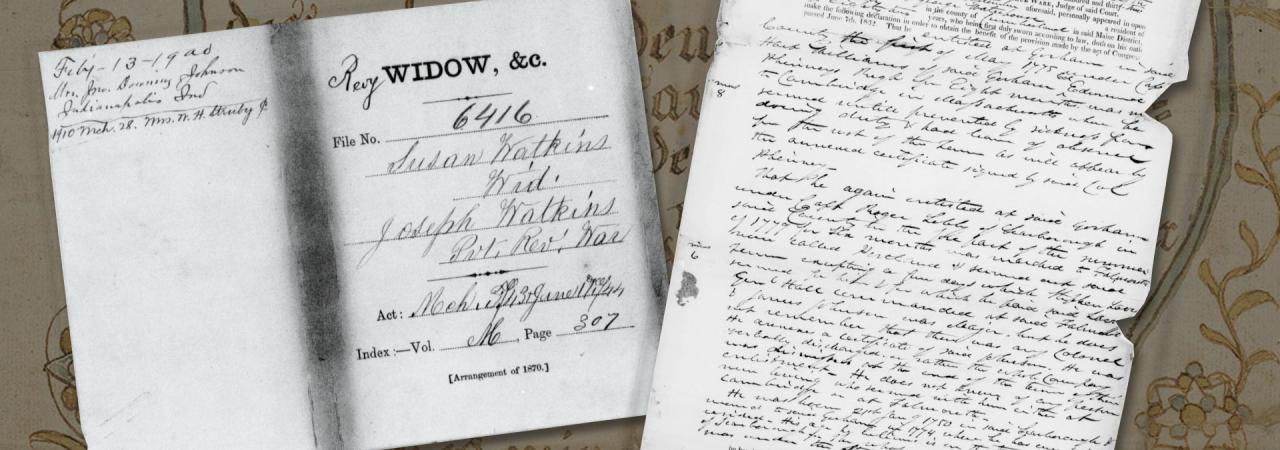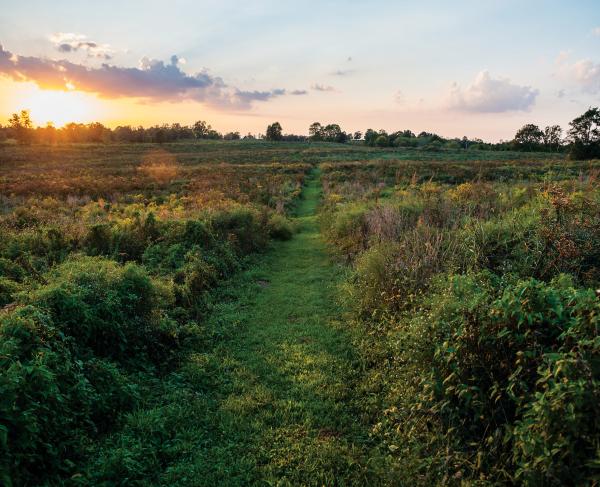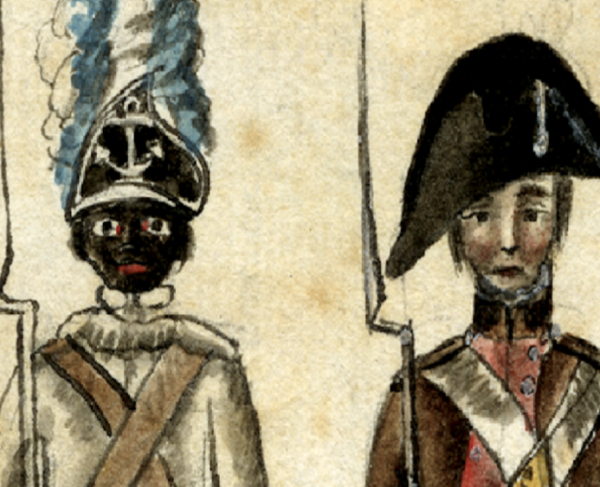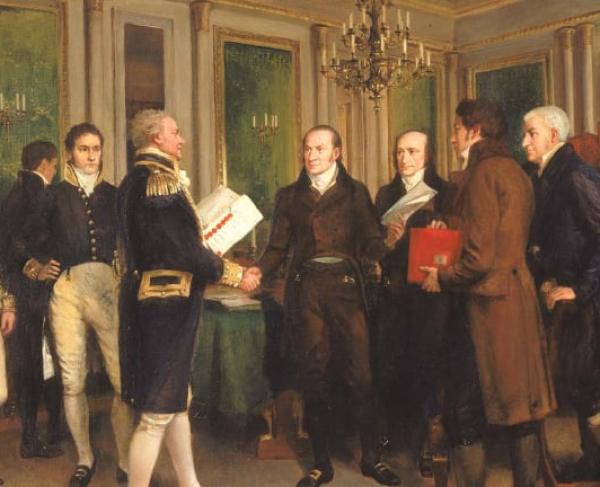NPS and NARA Call Citizen Archivists to Arms

The pension files of Revolutionary War veterans and their widows can contain, among other things, family records, service records, and interesting narratives.
As America approaches the 250th anniversary of its independence, the National Park Service and National Archives are collaborating on a special project to transcribe the pension files of more than 80,000 Revolutionary War veterans and their widows. If you’ve got a bug for history and untold stories, you can help!
The organizations are seeking the public’s help to transcribe the records through the National Archives’ Citizen Archivist program, a virtual volunteer project. Anyone can volunteer to transcribe the primary source material to make it more discoverable by the public. Citizen archivists transcribe, tag and can share comments about the documents. The project has already helped to transcribe millions of pages and numerous important collections, including the Pentagon Papers, the correspondence for several presidents, World War II posters, and the military service records of United States Colored Troops during the Civil War.
“Every word transcribed by volunteers becomes searchable in the National Archives Catalog. We like to say transcription unlocks history. But for this project we’re asking volunteers to go one step further and complete a survey telling us what they find as they transcribe,” says Suzanne Isaacs, community manager, National Archives Catalog. “Did they find a surprising or intriguing story? Unexpected artifact? These stories will then be brought to our attention so we can share them widely to tell an even more complete story of the Revolutionary War, from the veterans themselves.”
The Revolutionary War pension files collection includes applications and other records pertaining to claims for pensions and bounty land warrants. During the early 19th Century, aging Revolutionary War veterans and their widows were increasingly living in poverty or substandard conditions. Their military pay and compensation for their service during the war were worth little by then and many veterans were in poor health and unable to support their families. In 1818, the first of four Revolutionary War veteran pension acts was passed, at first for veterans, and later their widows, to collect a pension from the federal government paid out every six months.
The first two Acts, in 1818 and 1820, were for Continental Army veterans only – those who served under General George Washington. The 1832 Act opened pensions to soldiers who served in state formed militia units and the 1836 Act opened applications to widows.
To apply for a pension, the veteran or widow went to a Court of Record and testified before a judge or a lawyer and submitted that testimony to the War Department.
The files contain information about a soldier's rank, unit, and period of service, his age or date of birth, his residence, and sometimes his birthplace. Application files submitted by a soldier's widow might include her name, age, residence, date and place of marriage, and date and place of death of her husband. Some files contain copies of marriage or other family records. In support of the pension application, files can also include documents and veteran statements with information about the organization of military units, the movement of troops, details of battles and campaigns, and a soldier’s personal involvement or experience during the war.
The series was maintained by the Office of the Secretary of War until ca. 1810, by the Military Bounty Lands and Pensions Branch from ca. 1810 - 1815, and thereafter by the Bureau of Pensions.
These testimonies hold the untold stories of the American Revolution; the soldiers, widows, African American veterans, and American Indians who fought for and against American forces.
The transcription project will make a permanent contribution to the historical record, not only for the 250th anniversary of the American Revolution but also posterity.
Citizen Archivists need only register for an account to get started (if you want to be counted as an NPS transcriber, add NPS to your user name)! Learn more about the Revolutionary War pensions and to get involved with the project.


